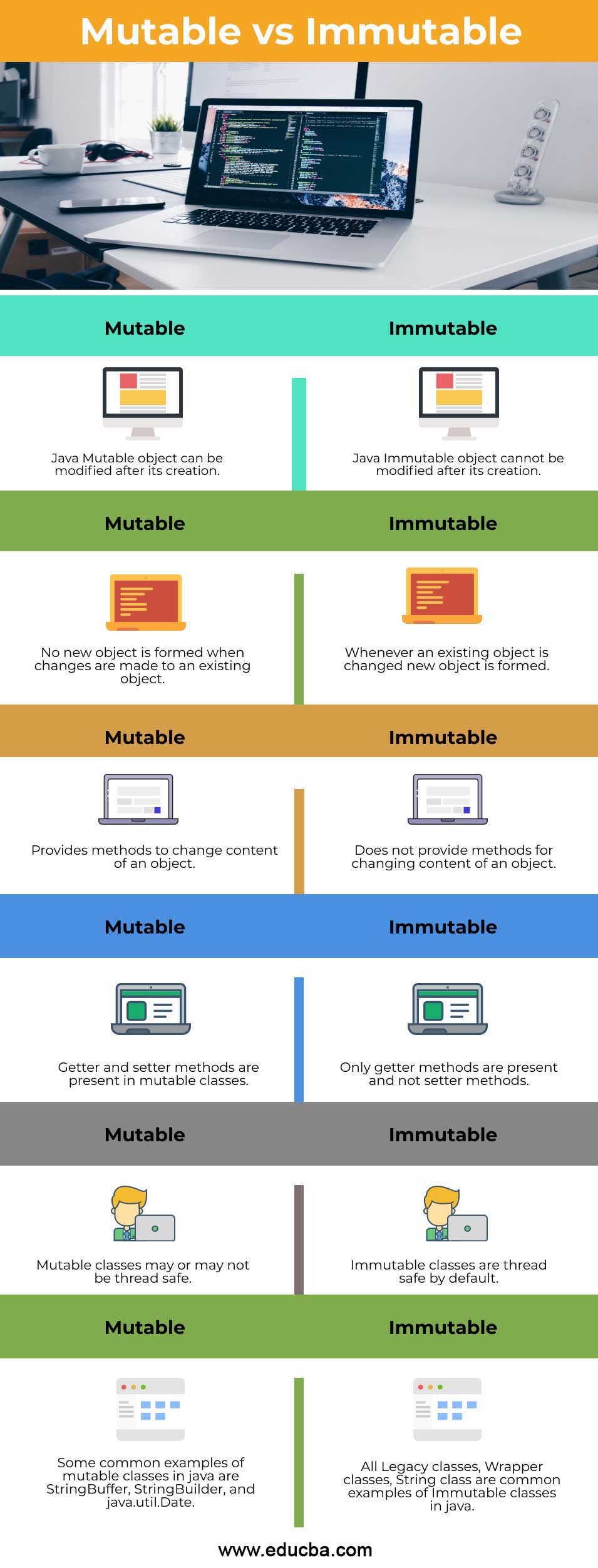Why Are Strings Immutable in Java? Crucial Expertise for Designers
Why Are Strings Immutable in Java? Crucial Expertise for Designers
Blog Article
What Is Immutable Strings and How It Works
In the realm of programs, understanding the principle of immutable strings is vital for producing robust and secure applications. Immutable strings refer to strings that can not be changed after they are created, guaranteeing data integrity and predictability within the code. This fundamental concept plays a vital function in different programs languages and supplies a special method to managing data. By discovering the intricacies of exactly how unalterable strings operate, one can reveal a globe of benefits and possibilities that can elevate the high quality and efficiency of software program growth.
The Essentials of Immutable Strings
Unalterable strings, as an essential concept in shows, are personality sequences that can not be changed as soon as they are produced. This implies that when a string is appointed a value, that value can not be altered. In languages like Python and Java, strings are unalterable things, causing various effects in terms of memory administration and data stability.
Among the essential benefits of unalterable strings is that they provide a complacency in data control. Because the material of an unalterable string can not be customized, it ensures that the initial data continues to be intact, reducing the threat of unintentional adjustments during program implementation (Why are strings immutable in Java?). This residential property also simplifies debugging processes, as programmers can rely on that once a string is defined, its value will certainly not be unintentionally changed
When a brand-new string is created based on an existing one, instead than modifying the initial string, the brand-new value is stored independently. Overall, comprehending the fundamentals of immutable strings is vital for grasping shows ideas and maximizing code performance.
Advantages of Unalterable Strings
Structure upon the protection and efficiency benefits of immutable strings, their advantages encompass improving code reliability and streamlining simultaneous programming tasks. By being immutable, strings can not be modified after development, which gets rid of the risk of unintended modifications in the data they store. This inherent immutability guarantees that as soon as a string is produced, its value stays continuous throughout the program's execution, decreasing the chances of pests brought on by unforeseen modifications.
Furthermore, unalterable strings add to code reliability by making it less complicated to reason concerning the state of a program. Considering that strings can not be transformed, designers can trust that a string will always hold the exact same value, streamlining debugging and upkeep initiatives. This predictability leads to more stable and reliable codebases.

Implementation in Shows Languages
Within various shows languages, the unification of unalterable strings is an essential aspect that influences just how data is dealt with and manipulated within code structures. The execution of immutable strings differs throughout different shows languages, with each language using its own mechanisms to support this idea.

On the other hand, languages like C and C++ do not have built-in assistance for immutable strings. Designers in these languages have to manually execute immutability by imposing rules within their code to avoid straight adjustments to string objects.
Ideal Practices for Collaborating With Unalterable Strings
When handling unalterable strings in shows languages like Java and Python, sticking to finest practices makes sure protected and reliable information adjustment. Among the key best methods is to utilize StringBuilder or StringBuffer as opposed to directly controling strings, especially when handling substantial concatenation operations. These courses offer mutable options for string control, assisting to stay clear of unnecessary memory appropriations and improving performance.
An additional finest method is to use string interpolation or formatting operates provided by find this the language rather than manual concatenation. This not only improves readability but likewise aids in preventing typical challenges such as unintended string alterations. Furthermore, when dealing with delicate information such as passwords or API tricks, it is critical to avoid saving them as plain text in unalterable strings. Utilizing safe and secure storage space systems like char arrays or specialized collections for managing sensitive information helps minimize security risks connected with unalterable strings.
Real-world Applications and Instances
Checking out functional implementations of immutable strings in different industries reveals their substantial effect on data honesty and system reliability. In the healthcare sector, unalterable strings play a critical role in guaranteeing the security and confidentiality of client data. By stopping unauthorized alterations to delicate information such as clinical documents and prescriptions, immutable strings assist keep compliance with stringent personal privacy policies like HIPAA.
Banks additionally take advantage of the immutable nature of strings to improve the protection of client anchor data and deal records. Immutable strings help avoid fraudulence and unauthorized alterations to monetary details, offering a robust protection against cyber threats and making sure the count on and confidence of customers.

Final Thought
To conclude, immutable strings are taken care of and stable series of personalities that use advantages such as thread safety and security and boosted performance in programs. They are implemented in various shows languages to ensure data honesty and safety. Best techniques for dealing with immutable strings include staying clear of straight click for more info modifications and using approaches that return brand-new string things. Real-world applications of immutable strings include data encryption, caching, and string adjustment tasks.
Unalterable strings refer to strings that can not be modified after they are created, ensuring data integrity and predictability within the code. When a new string is produced based on an existing one, instead than modifying the original string, the brand-new worth is saved separately.In languages like Java and Python, strings are unalterable by default, suggesting that when a string object is produced, its value can not be altered - Why are strings immutable in Java?. Ideal methods for functioning with unalterable strings consist of avoiding direct alterations and utilizing methods that return brand-new string things. Real-world applications of unalterable strings include information encryption, caching, and string manipulation tasks
Report this page